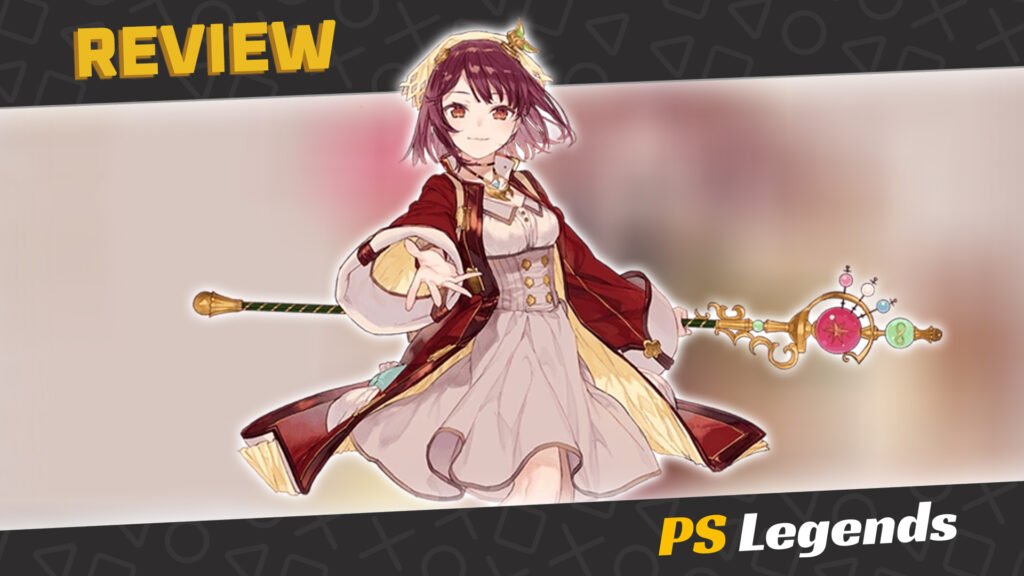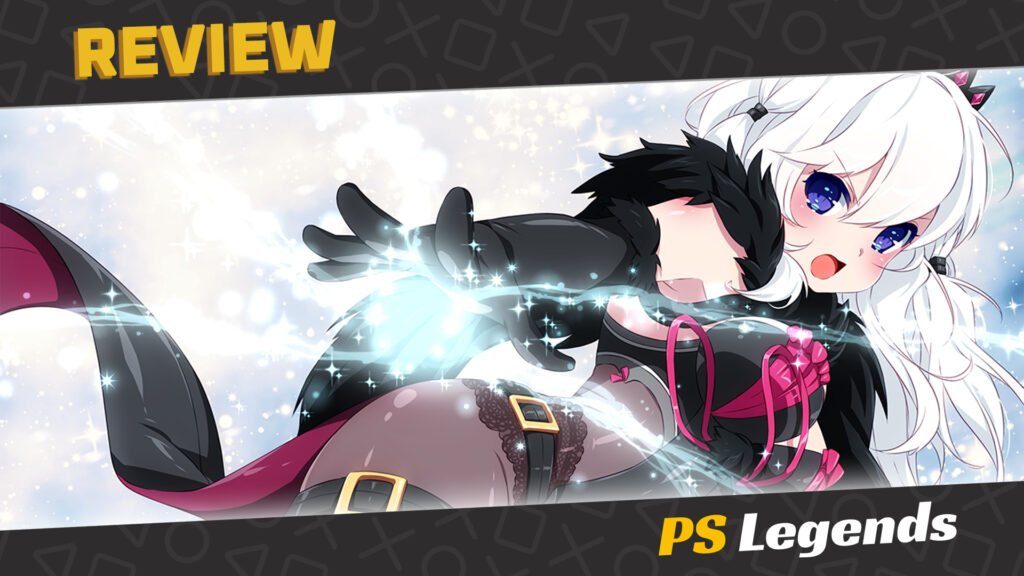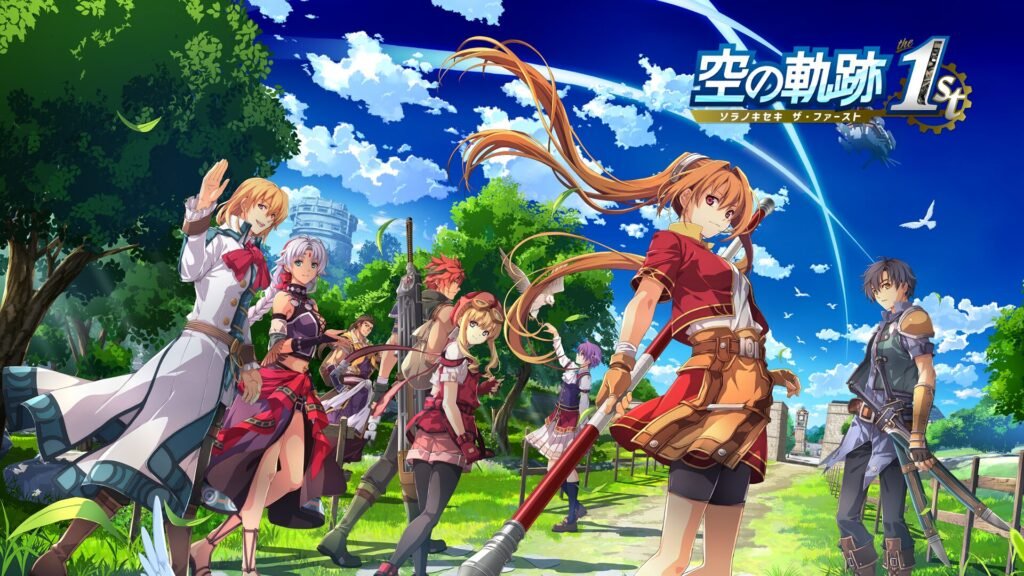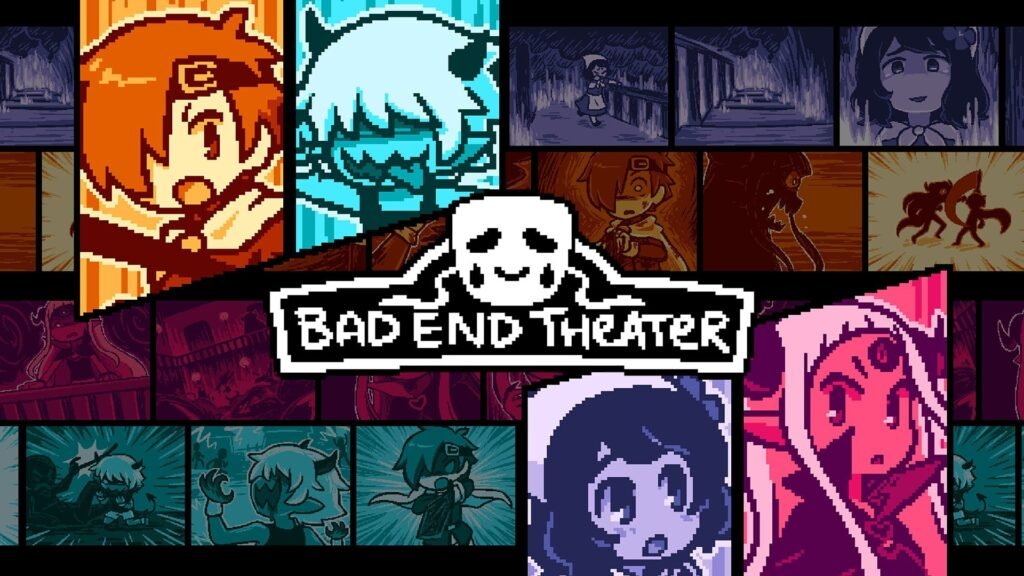Before I hand over the rest of the Atelier series to fellow writer Ivanir, who seems to be having far more success in finding games in the series that are actually playable, there’s one more chapter in this neverending saga that I’d like to look at before I step away from this series of errand simulators masquerading as JRPGs, once and for all.
While Atelier Lydie and Suelle, Atelier Ryza, and by extension, Blue Reflection: Second Light (or ‘Atelier Ao’ as I’ve taken to calling it) all left me with experiences which I’d rather forget, I wouldn’t want you thinking I automatically condemn all Atelier games, though I’m now a lot more cautious of them, and will need a lot of convincing to give the series another chance.
Today’s featured review, Atelier Sophie, also isn’t going to set the world on fire, yet there are features here that raise the game above many of those that came before and after, making the game feel like a step in the right direction. Unfortunately, it’s not a course that the series maintains for very long.
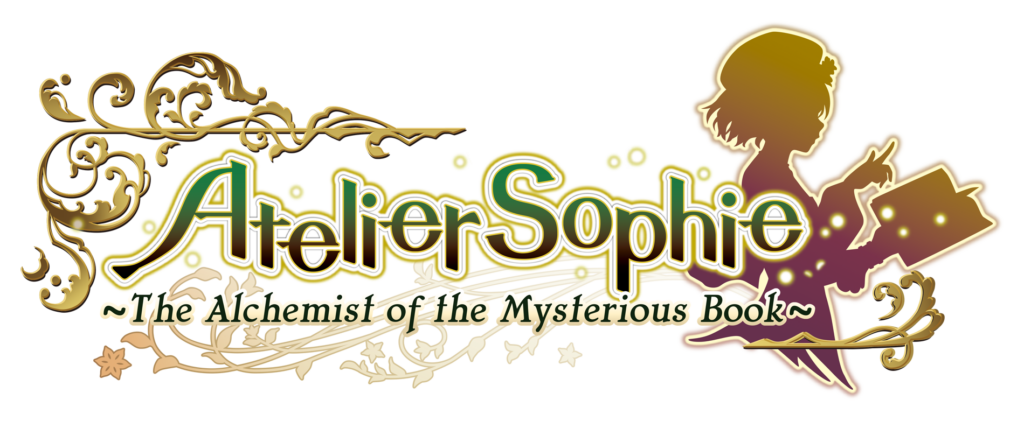
Introduction
Before Ryza and her tight-fitting shorts became something of a mascot for the series, it’s important to remember that there was another ‘Beautiful Girl’ who temporarily became the face of the franchise. Yes, developer Gust genuinely called its new wave of leading ladies this back in 2015, including Blue Reflection’s Hinako and Nights of Azure’s Arnice.
The first new alchemist on PlayStation was a bit of a big deal back in the day. Before Ryza got her own trilogy, the young Sophie Neuenmuller would also eventually get her own sequel and feature in several crossover games. She would also be the inspiration for several anime series and characters, including one or two of the, erm, ‘adult’ variety too, but that’s a story we’ve talked about before in the Atelier Ryza review.
Atelier Sophie: The Alchemist of the Mysterious Book is a fantasy turn-based-JRPG with heavy emphasis on item creation, exploration and harvesting, taking place in a stylised, third-person, partially-open world. It was released in June 2016 for PlayStation 4.

Story
The game revolves around the life of the main protagonist Sophie Neuenmuller, an inexperienced 16-year-old alchemist who inherits an atelier on the outskirts of Kirchen Bell. Raised and educated by her grandmother after the deaths of her parents, Sophie also eventually loses her elderly grandmother but aims to follow in her footsteps by becoming a master alchemist. Sophie loves alchemy and helping others with it, though she’ll have to shake her previously lazy nature and sloppy timekeeping if she wants to be taken seriously as an alchemist.
One day, Sophie discovers a mystical talking book named Plachta, whose only memories involve the use of alchemy. Plachta, a blank reference book, has lost almost all of the knowledge that comprise the pages of her text, and it’s up to Sophie to help her recover those memories by writing down alchemy recipes into the blank pages. When Sophie writes a recipe into the book, Plachta’s spirit awakens bit by bit, and eventually becomes Sophie’s alchemy teacher.
Sophie is aided by her close friends, Monika Ellmenreich and Oskar Behlmer, who help her on her quest to become a grand alchemist capable of providing for the town while restoring Plachta’s memories. Along the way, a colourful cast of companions join Sophie as her allies in a story of friendship and growth.

Gameplay
The player controls a party of up to four characters, traversing the world collecting ingredients for synthesis while discovering new recipes for item creation. The player is capable of accepting randomised ‘Requests’, which serve as side-quests in order to gain money and rare resources.
Plot progression follows a formulaic pattern in which the acquisition of new recipes triggers cutscenes which advance the story while unlocking new areas, allowing the player to gather new resources and more advanced recipes.
Alchemy, the crafting system of this game, is a complexly woven puzzle mini-game in which the player fits together different sized ingredient puzzle pieces in order to create a product out of the base materials. Depending on the way in which the player fits together varied pieces which manipulate the bonus system, different effects can be bestowed upon the product, resulting in a highly customisable item creation system, albeit an unusual one.

This game features a ‘Friendship’ affinity system, where investing time in deepening the bonds between the player and the cast of NPCs can lead to new features and party members being unlocked, along with bonuses in battle when paired with party members of a high affinity level.
The game has a day-night cycle, directly influencing the harvests and the enemies you will encounter. Additionally, the game features a weekly schedule consisting of three weekdays and two weekend days. Other characters in the game follow a schedule in which the time of day, day of the week, and weather can influence their location and interactions with Sophie which places many barriers in the way of key events.
The series’ previous timescale mechanic required the player to complete a series of tasks and/or alchemic component fusions within a set time limit, a gameplay requirement not exactly suited for the average JRPG player who enjoys exploring the world they find themselves in. It made for a horrible, anxiety triggering mechanic. Fortunately, Atelier Sophie finally changes this. Time limits may apply to optional side-quests but not the main story, leaving the player in a little more control of their experience.

Graphics/Sound
The power of the PS4 is certainly utilised in bringing Sophie’s world to life. The colourful cel-shaded visuals of the previous generation remain, yet everything has been given a beautiful HD makeover. Environments and characters have an extra level of detail which helps breathe life into the flora and fauna, from thin patches of grass sprouting though soil, to Gust’s trademark hair and eye shimmer which makes everyone look pretty as a picture, though the lighting can be a little off when Sophie remains brightly illuminated even in darkened rooms, leaving her looking a little ghostly.
As one of the last games in the Atelier series to feature an English dub, this stands out vividly here, if only to highlight just how much more immersive the games can be when it’s included. It’s a long-missed feature, and while I could get all ‘PC’ and complain about how dropping it is costing actors their livelihoods and needlessly reviving culture divides, I’d rather just emphasise how much more accessible the games are with it included, and judging by this feature popping up on feedback forms sent to players, Gust knows this fact all too well.
The sound is by far my favourite component of the game. The music works exceptionally well in setting the mood for each scene, yet it’s the veteran voice cast used in the English dub who bring their A-game. Anime and gaming regulars including Christine Marie Cabanos, Ryan Bartley, Erica Lindbeck, Brianna Knickerbocker, Keith Silverstein and Laura Post all bring superb performances, performances which simply aren’t appreciated when suddenly dropped from the franchise. Naughty Gust.

Conclusion
Atelier Sophie highlights some of the key points which I feel developer Gust is trying to get across about hard work and determination bringing success and rewards, yet the series regularly stumbles in actually developing their leads beyond their respective careers which feels very limited in scope. This is supposed to be a ‘coming of age’ story like all the others, yet this is simply limited to developing a work ethic and growing a career.
The game may get the traditional, turn-based combat right, but these exciting moments are few and far between in a game with such flawed pacing. There are a fair few progression issues here, since it isn’t at all clear whether the task you’re working on is part of the main story or just optional side-content. The vague quest markers just don’t help in telling us what needs doing and why.
I assumed that by tackling every available quest meant I can’t go wrong and will cover all possible content as I worked through my Sophie quest list. I mingled with pretty new characters and familiar faces which I recognised from older games, I raised my Atelier rank and my social standing, and made a good few gold in the process. That’s when it happened. I ran out of things to do. I was twenty hours into the game, had a glowing reputation, my quest list was exhausted, and I hadn’t even encountered a key main character yet.
Once again, I had played myself into a corner and had nothing left of note to progress with. Digging a little deeper into why I’m constantly hitting this same gameplay barrier with the Atelier series, it all comes down to story ‘triggers’. You can’t progress until your Atelier Rank is at ‘X’ level. Fair enough, we’ll get some crafting done and get where we need to be, but then, to trigger the next scene, you have to be in the right location, and at the right time. Of course, the game doesn’t actually tell you where and when this is.
Progression comes down to a lot of luck. Fortunately, lucky moments tend to be more frequent with Atelier Sophie since there’s plenty to keep you busy and active for a while. This is why I managed to get 20 hours out of the game without issue, whereas I encountered progression problems in a fraction of this time in the successors. The series’ regular objective and narrative issues are still here, yet it feels like there’s a bit more ‘damage control’ going on this time. It is an entertaining game, until it isn’t. After a little wandering around aimlessly, I decided it was time to call it a day. Who knows, maybe you’ll have more luck.
Joys
- Beautiful characters and detailed environments
- Top-notch English dub
- Fun, simple combat
Cons
- Unhelpful, almost random, right-place-right-time scene triggers
- Unclear quest markers
- Simplistic story and very little character development
